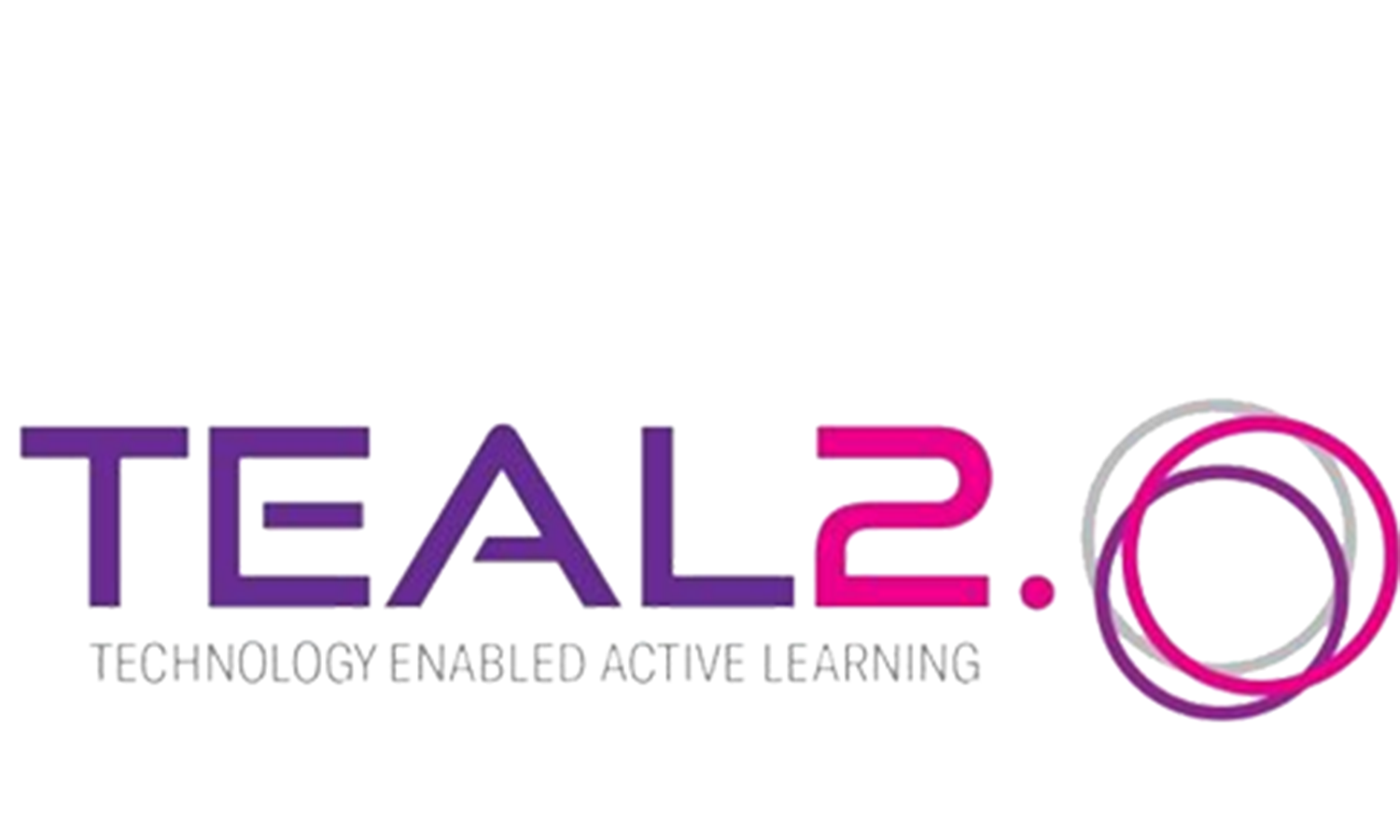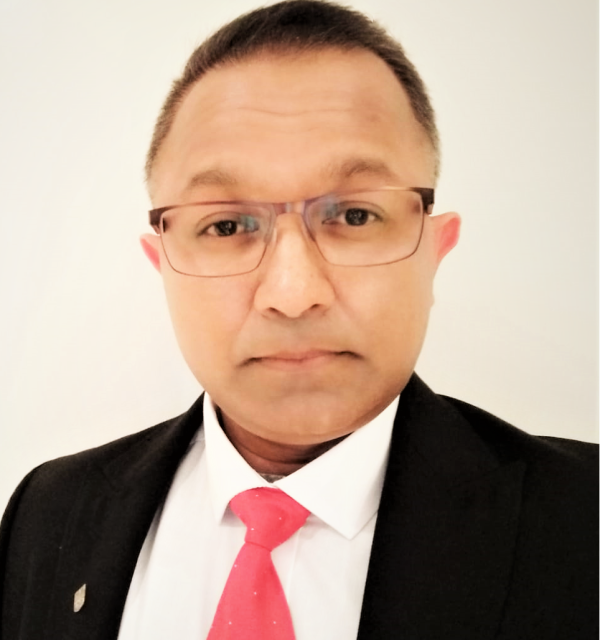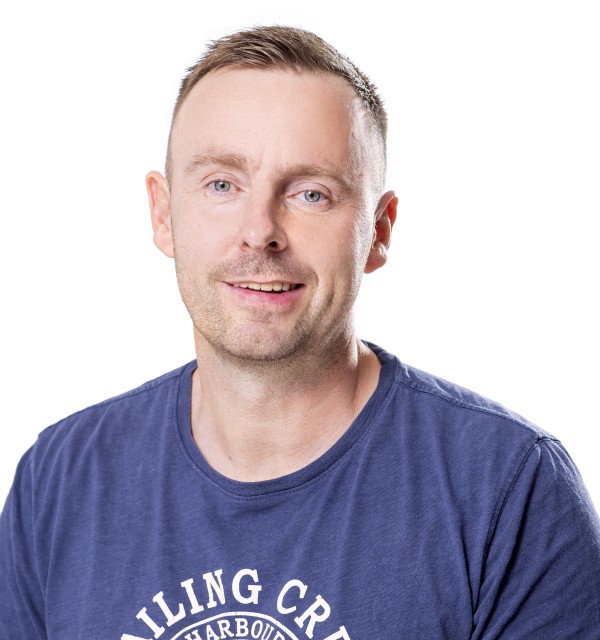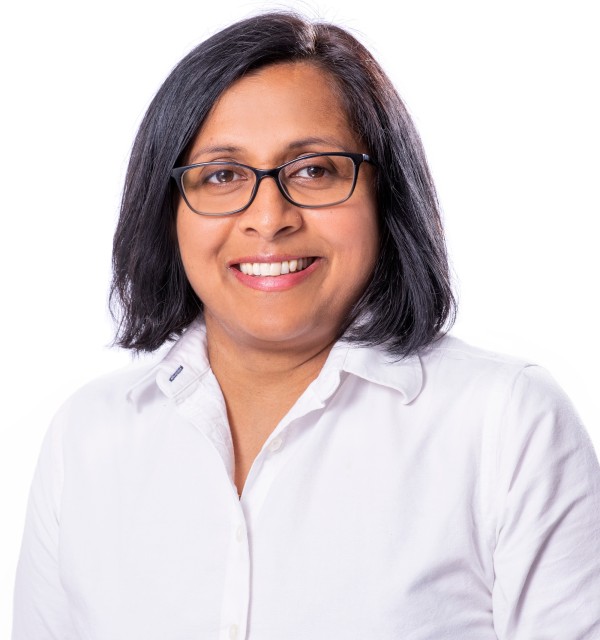The Department of Mechanical and Structural Engineering and Materials Science at University of Stavanger is a member of an international consortium in the Erasmus+ project TEAL2.0.

The TEAL2.O project is implemented by a consortium of 11 universities from Sri Lanka, India, Thailand, Italy, Norway and Romania, joined by a private company from Bulgaria. The project seeks to improve access to Science and Technology higher education and reach underrepresented and disadvantaged groups. We believe this goal can be achieved by investing more efforts into Open and Distance Learning. Yet we are aware of the multiple challenges that distance learning meets in resource-poor institutions due to quality issues, shortages of expertise and technological equipment, and insufficient collaboration and internationalization. The project aims to contribute to addressing these challenges through a comprehensive technological solution - an open-access platform for technology-enabled learning environment.
The TEAL2.O solution will offer:
- Access to MOOCs and other digital learning content developed around the globe
- Modularity and full customizability, allowing institutions and faculty to design programs and develop teaching content that suit local needs and constraints, including those of underrepresented learners
- Autonomous assessment and quality assurance
- Integration of open source hardware and software into the learning process to maximize learners’ exposure to technology and provide access to virtual labs and experimentation
- Enhanced opportunities for collaborative learning and teaching, allowing institutions to pool available expertise and support quality
- Learner-centered education, flexible learning pathways and co-creation on the part of learners.
We expect the project to have the following impact:
- Improved access to university courseware and open learning opportunities in the participating Asian countries
- Improved access to learning support technologies and virtual laboratories for learners in resource-poor institutions
- Enhanced collaboration among universities in Asia and Europe
- More opportunities for learner co-creation in learning & teaching, both in traditional classrooms and online
- More opportunities for collaborative learning and teaching in the Science & Technology field
- Improved quality of Science & Technology higher education.
Facts
- Start Date: 2019
- End Date: 2023
- Erasmus+ Project Reference: 610186-EPP-1-2019-LK-EPPKA2-CBHE-JP
- Project Manager: Professor R.M Chandima Ratnayake
- Technical Staff: Jan-Tore Jakobsen
The project is co-funded by the European Union through the Erasmus+ Programme - Capacity Building in Higher Education.

Researchers
Department of Mechanical and Structural Engineering and Materials Science
Department of Mechanical and Structural Engineering and Materials Science
Laboratory IMBM
Department of Mechanical and Structural Engineering and Materials Science


